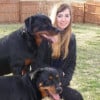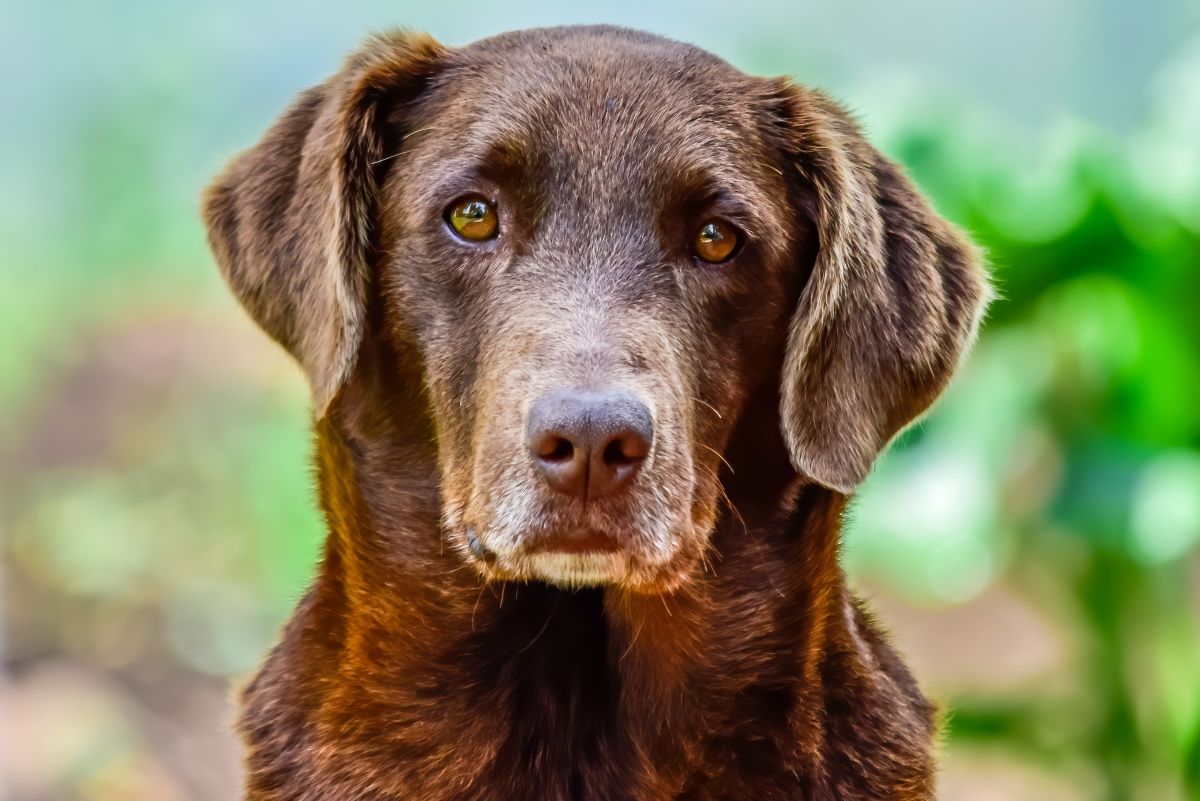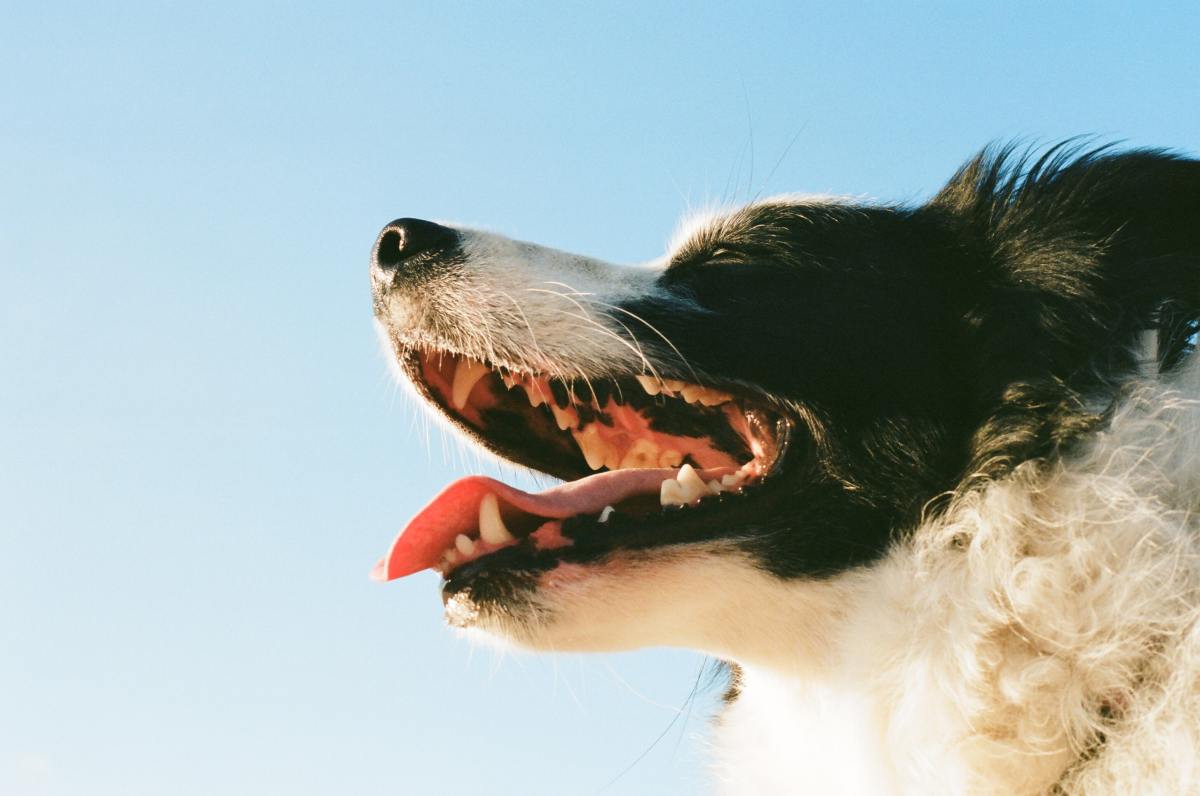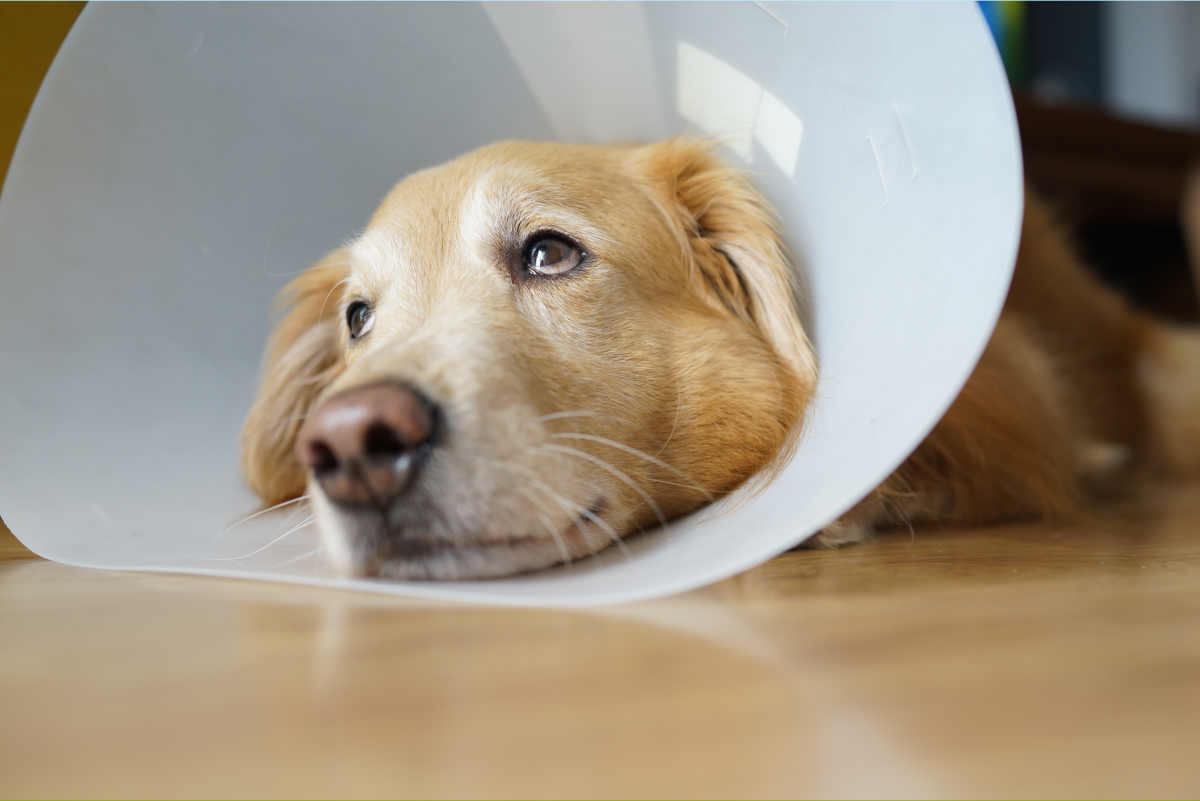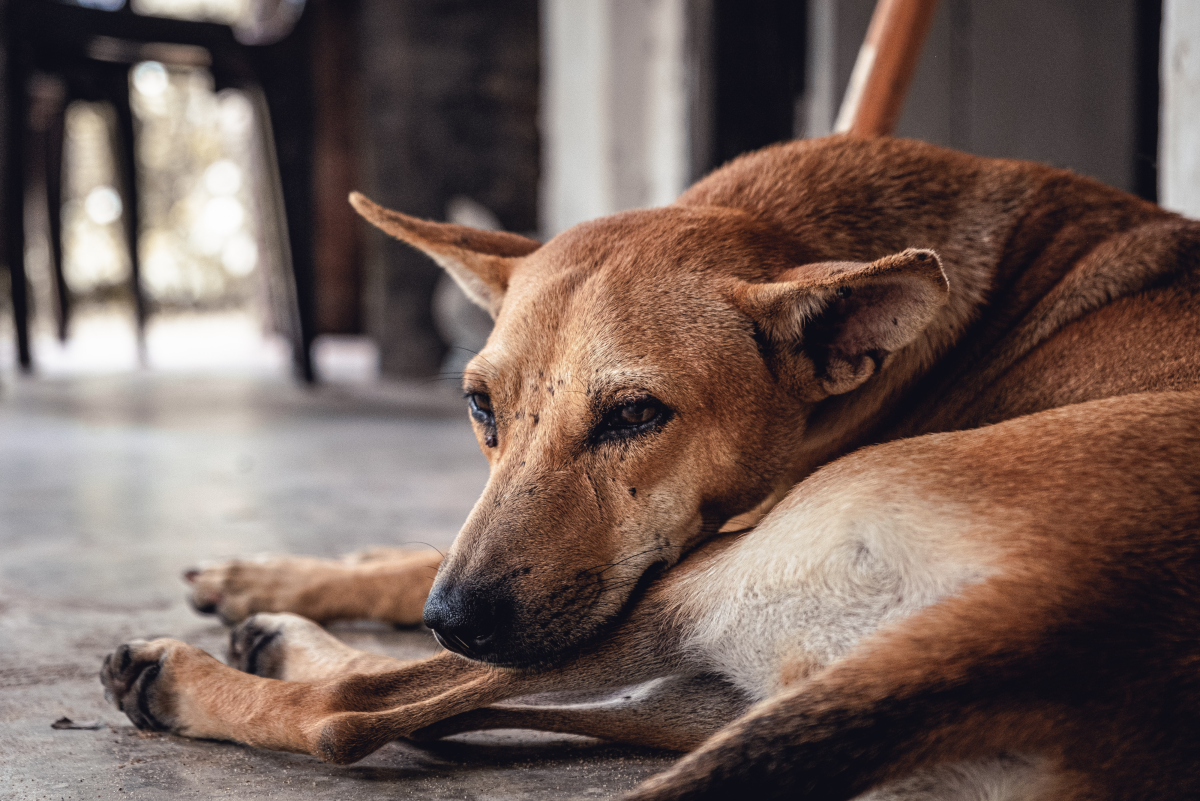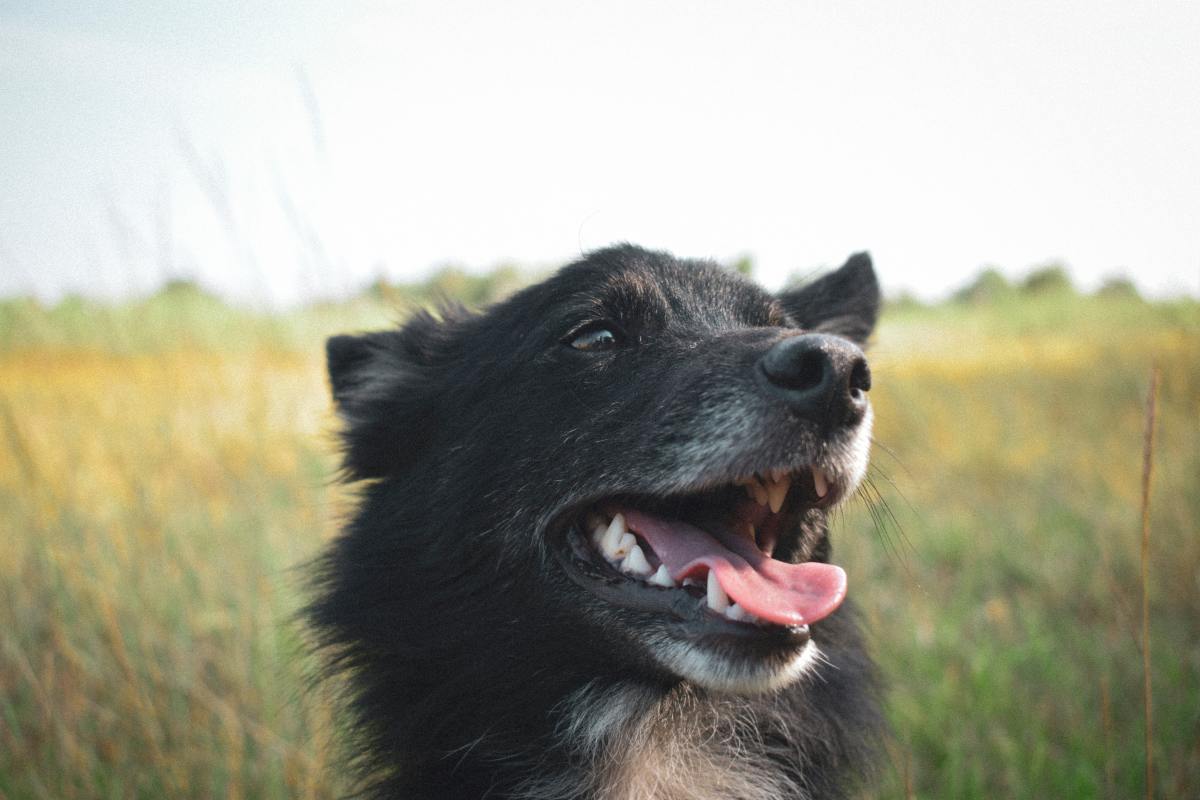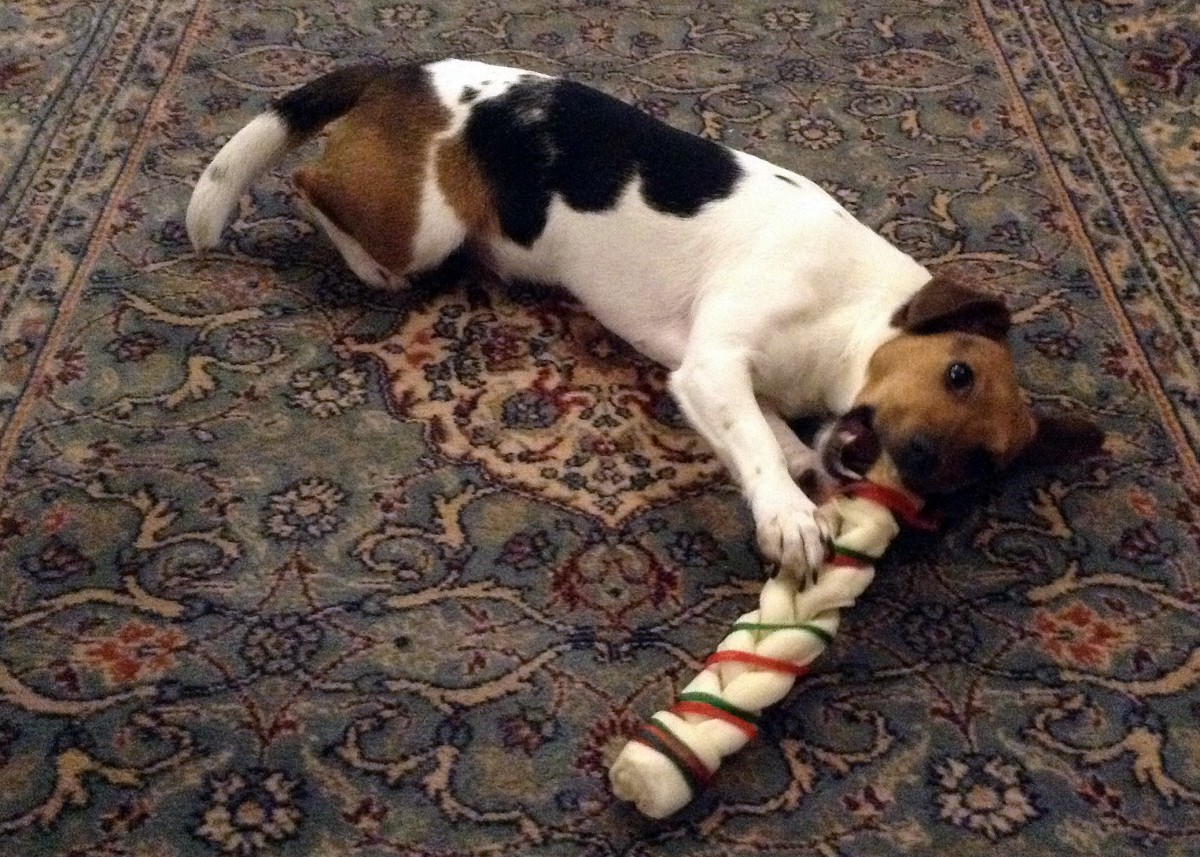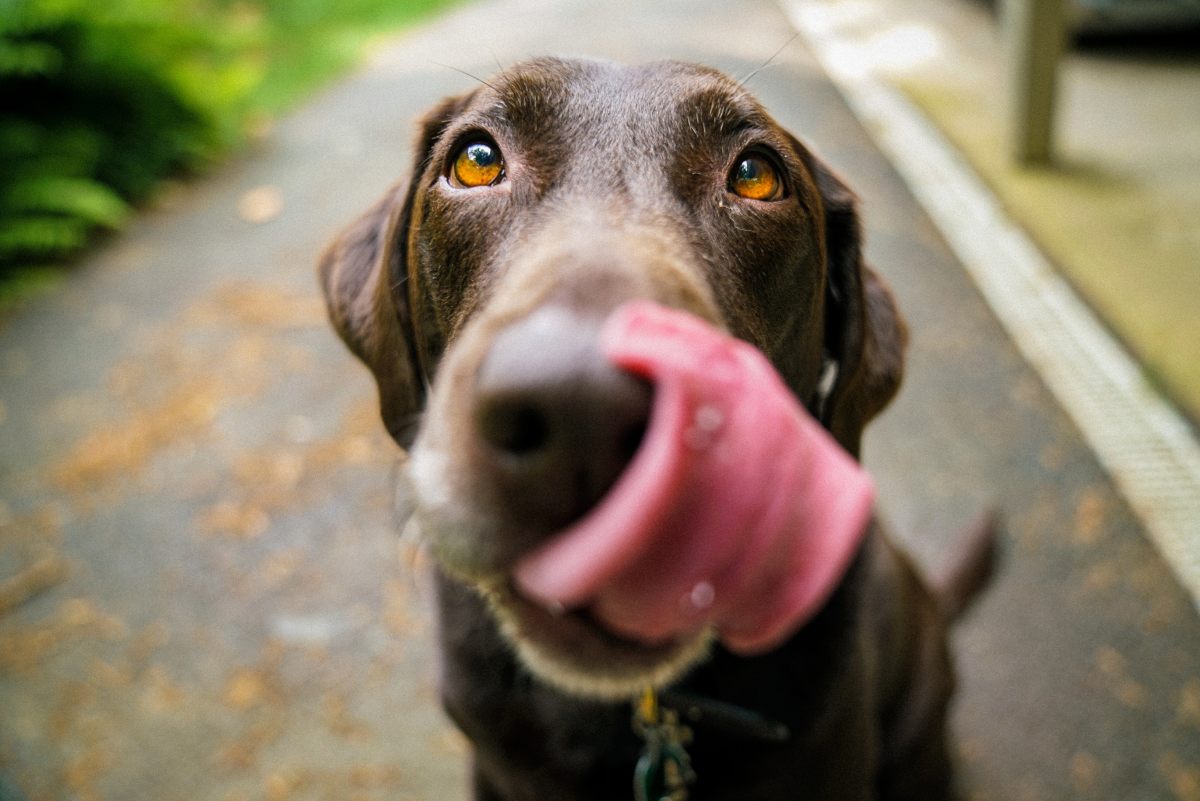- HubPages»
- Pets and Animals»
- Dogs & Dog Breeds»
- Dog Health
Dog dental cleaning and anesthetics
After a dental maintain your dog's oral hygiene!
Sending fido for a dental cleaning does not need to be scary
Your dog has just been diagnosed with dental decay and your vet recommends a dental. As owners, we all wished that our dogs could simply have their teeth taken care of by simply laying down on the examination table with their mouth wide open. As a vet assistant and as a dog owner I really wished this could be the scenario. But unfortunately, most dogs will not stay still and quiet as loud, shaky objects are inserted in their mouth. A dental procedure would therefore turn into a dangerous disaster both for the dog and the veterinarian working on the dog.
So, now that we know that non surgical dental procedures are definitely not an option we can focus on the positive sides of having a dental procedure performed. Here are all the pluses involved in the procedure:
THE MARVELS OF MODERN VETERINARY CARE
The great news is that anesthesia has become safer and safer throughout the years. Medical equipment and careful monitoring has greatly improved recognizing problems before they reach a certain extent. If you take a look at statistics it is comforting to know that the risk of a pet dying under anesthesia is less than 1%. However, when we love our pets so much even that 1% becomes almost an unacceptable fact!
DENTAL CLEANING: A REGULAR ROUTINE
Veterinarians perform surgeries on a daily basis. Very likely if you are particularly tense about a dental cleaning done under anethesia you own a dogin it's geriatric years.
I have personally discharged even 18 year old cats and 14 year old dogs coming for dental cleanings and doing just fine. In these very senior pets the benefits of a dental cleaning outweigh the risks of surgery (when the pet is healthy of course). Dental issues if not solved in a timely matter can easily cause major kidney and even heart damage when left untreated.
SAFETY CHECKLIST
There are some things you should ask your vet that may help you get peace of mind. While most modern vet clinics must abide by these safety rules, it never hurts to ask and get clarifications.
1) Ask for isoflurane anesthesia. This anesthetic is one of the safest and has been used in human infant surgery for years. It is particularly recommended in dogs beyond five years of age because of it's safety margin.
2) Ask for pre-anesthetic bloodwork. This blood work is usually done a day before or even the morning before surgery and checks for blood sugar, kidney values, and red blood cell count. This bloodwork will rule out underlying conditions that can
cause anestethic complications when the pet is under.
3)Ask if an oximeter is used when your dog is under. This helpful instrument ensures proper oxygenation of the blood.
4) Ask if fluids can be given as necessary. This will help the pet's hydration level and help him recover by flushing out the anesthetic.
5)Ask if your dog is placed on a nice warm water pad after surgery. Pets lose temperature fast after surgery and need to be kept warm.
6) Ask for pain medication- especially when there are extractions involved-. It can be given prior to surgery and you can have some to take home with you in case of pain following surgery. Nothing is worse than having a dog in pain when the vet office is closed.
7) Last but not least, this depends on you. Ask yourself if you followed carefully the protocol of not feeding your dog the night prior surgery. Most hospitals will tell you not to feed anymore food or treats after 6PM the night prior. Water is acceptable. This is vital as it prevents from vomiting and inhaling stomach contents during surgery. Please make sure that non of your family members gave any food or treats. If your dog did eat you will need to reschedule the surgery.
Now that you have seen how safely a dental procedure can be, hopefully you will fear less the impact of anesthetics on your dog. Of course, expect your dog to be groggy a few hours post check out since it may take a little while for the anesthesia to wear off. A dental cleaning is much more than having your dog get shinier teeth, it will prevent serious diseases and ensure a much healthier dog.
Great explanation of dental procedure from a veterinarian
- How to brush your dog's teeth
When I had my 7 year old Rottweiler seen for her routine wellness exam my veterinarian found some signs of dental decay. "Tartar and an extraction is what is needed for this old gal" was her diagnosis. As I...
